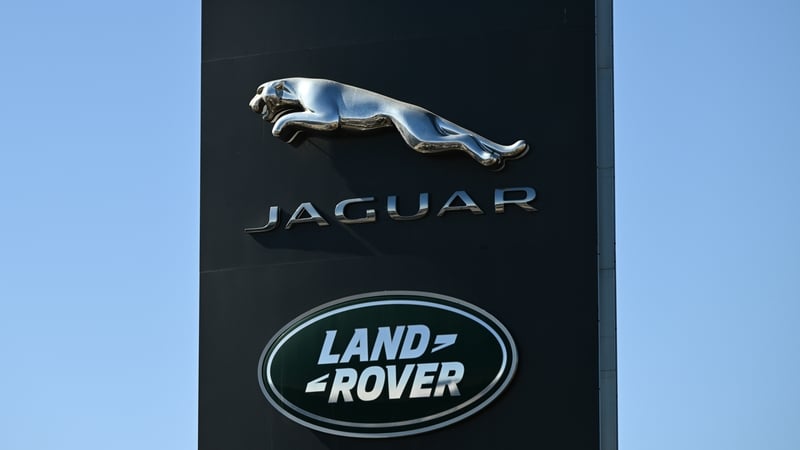Britain’s government said today it was working closely with Jaguar Land Rover to understand the impacts on the supply chain after a cyber incident at the country’s biggest carmaker stopped production more than three weeks ago.
JLR warned earlier this week its factories would stay shut until September 24, after it was forced to stop output in the first few days of the month to contain the hack.
Since then, there has been mounting concern about the financial impact on JLR’s British supply chain, which includes many smaller companies and supports 104,000 jobs across the country.
The Unite trade union has warned of job losses and said government support would be needed if the stoppage continues.
“The government, including government cyber experts, are in contact with the company to support the task of restoring production operations, and are working closely with JLR to understand any impacts on the supply chain,” a joint statement from the government and industry body, the Society of Motor Manufacturers and Traders said.
The luxury carmaker, owned by India’s Tata Motors, said it shut down its systems in early September to contain the hack that has severely disrupted its retail and manufacturing operations.
Its three factories in Britain, which usually produce about 1,000 cars per day, will now not restart until September 24, the company said today. It has told many of its 33,000 staff to stay at home.
“We have taken this decision as our forensic investigation of the cyber incident continues, and as we consider the different stages of the controlled restart of our global operations, which will take time,” JLR said in a statement on its website.
JLR has said the incident has affected some data, although it remains unclear whether it involved customers, suppliers or internal systems.
The breach was the latest in a string of cyber and ransomware attacks targeting companies around the world. In Britain, household names including Marks & Spencer and Co-op have fallen victim to increasingly sophisticated breaches.
The disruption comes as JLR faces broader challenges, including weaker demand in China and Europe, and delays to the launch of its electric vehicle models.
In July, JLR reported an 11% drop in quarterly sales, partly due to a temporary pause in US shipments after tariffs were imposed.
Although exports resumed in May, the company cut its profit margin target for fiscal 2026 to 5%-7%, down from 10%, citing ongoing trade uncertainty.




